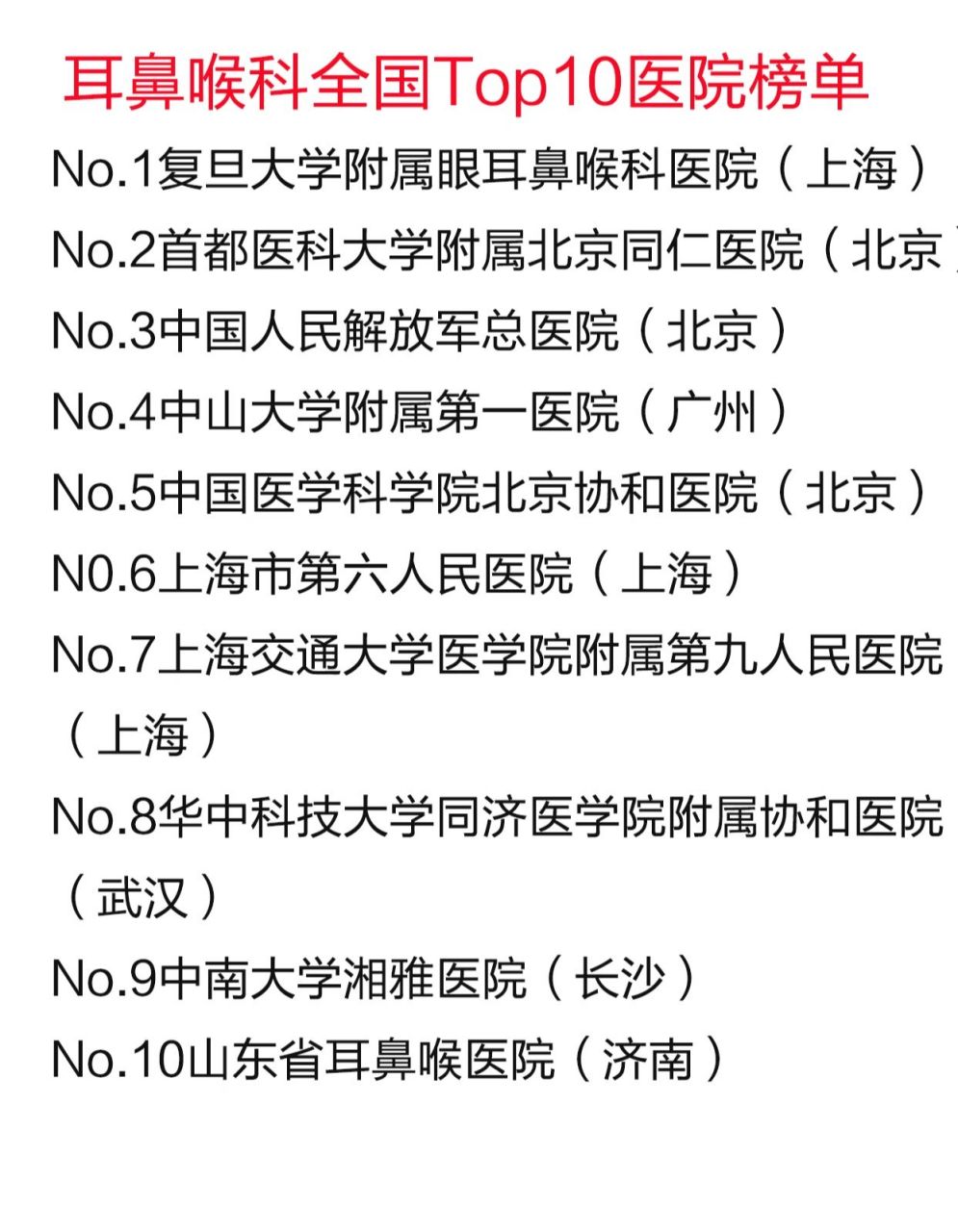
Treating dizziness depends on the underlying cause, but here are some general approaches to consider:
1. Identify the Cause: Work with your healthcare provider to determine the cause of your dizziness, whether it's related to the inner ear, circulation, neurological issues, or other factors.
2. Medications: Depending on the cause, your doctor may prescribe medications to manage symptoms or treat the underlying condition. This could include vestibular suppressants, antihistamines, or drugs to improve blood flow.
3. Physical Therapy: Vestibular rehabilitation therapy (VRT) can be effective for many people with dizziness. It involves specific exercises to retrain your balance system.
4. Lifestyle Adjustments: Ensure adequate hydration, avoid sudden position changes, and manage stress, as these can all contribute to dizziness.
5. Diet and Nutrition: A balanced diet with enough vitamins and minerals, particularly B vitamins, can support nerve function and overall health.
6. Avoid Triggers: Identify and avoid triggers that worsen your dizziness, such as certain foods, alcohol, or activities.
7. Safety Measures: To prevent falls, remove clutter from your home, use non-slip mats, and install handrails in critical areas.
It's important to have a comprehensive evaluation by a healthcare professional to tailor the treatment plan to your specific needs and condition.












